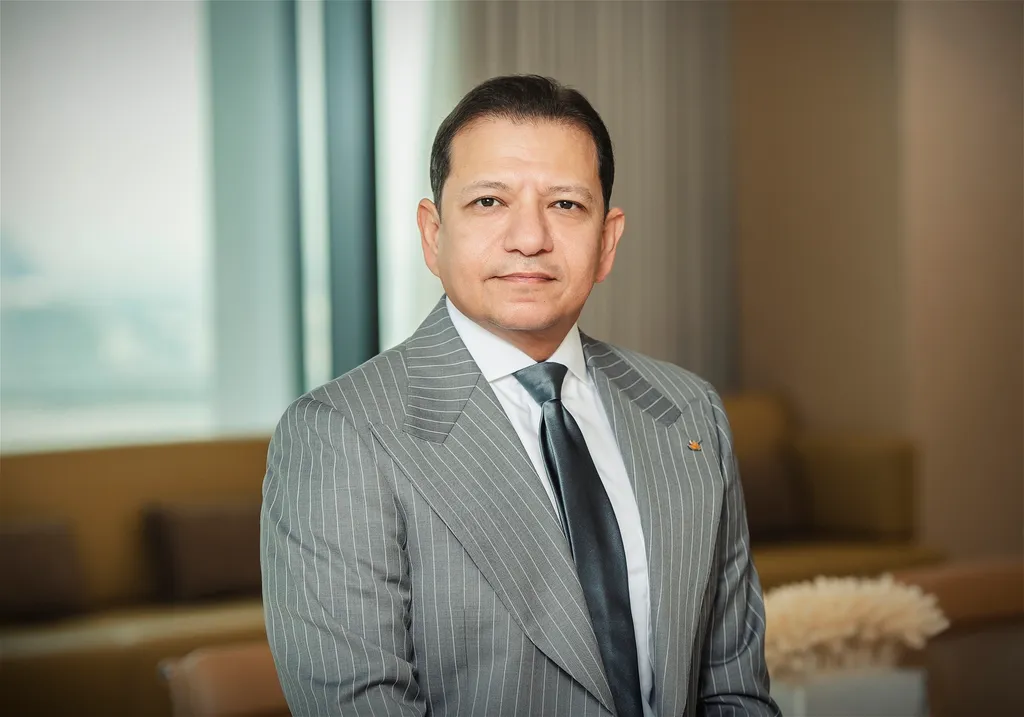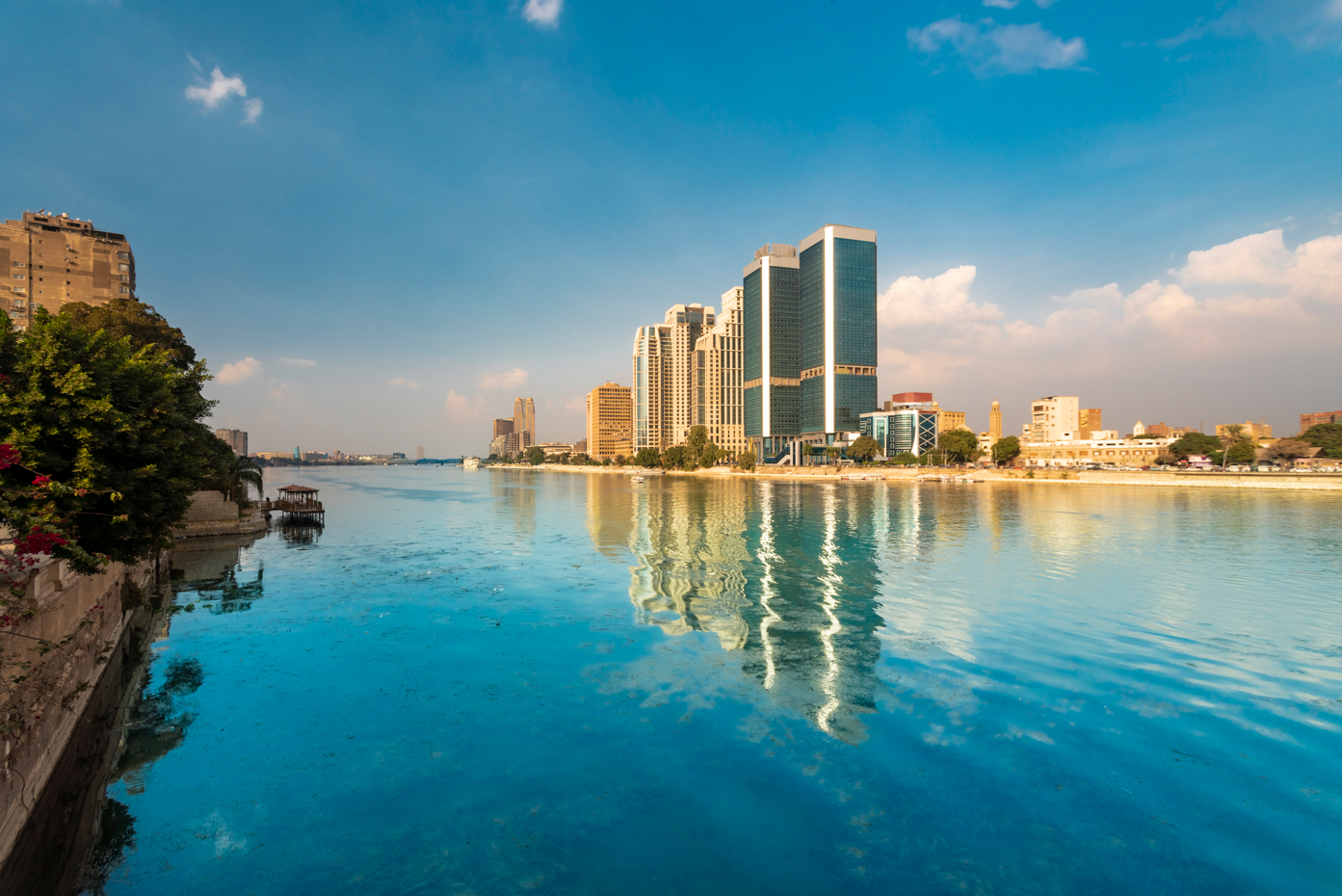Throughout the world, the threat of climate change in the form of extreme weather events is becoming more frequent, severely impacting communities, societies, and economies.
From record-high temperatures, floods and heatwaves across all continents, the Middle East and the UAE have not been immune to the effects of climate change, as witnessed earlier this year when Dubai was impacted by flooding from torrential rains. Collaborative response and recovery efforts were underway almost immediately, showcasing the spirit and resilience of the UAE’s leaders to bring back normalcy for Dubai’s residents.
If you are growing fast, and expanding fast, and you don’t have the operational resilience needed to support this, then you are exposing your organization to a lot of risk
Ahmed Abdelaal, Mashreq Group CEO
For businesses across sectors too, building operational resilience to events of a similar nature has become increasingly strategically important side-by-side with broader efforts to build more sustainable operations.
Dubai-based Mashreq is one bank that has been focusing on and investing in building its operational resilience, which for group chief executive officer, Ahmed Abdelaal, is about much more than being able to withstand a severe environmental event.
“If you are growing fast, and expanding fast, and you don’t have the operational resilience needed to support this, then you are exposing your organization to a lot of risk,” says Abdelaal.
“You need to have the agility to be able to withstand external shocks, and most importantly, to dynamically evolve with the ever-growing market needs. This is not only from a client expectation point of view, but also from a regulatory requirement point of view, and reputational point of view.”
Digital infrastructure critical
A critical piece in achieving operational agility and resilience is a banks’ digital infrastructure, and making that as robust and adaptable as possible.
“We have invested heavily in upgrading our infrastructure over the last few years, generating significant capacity to sustain our expansion plans and ensure our risk mitigation and management plans kick in immediately should any situation call for it,” says Abdelaal. “Our operating system are built to be able to mitigate risks while concurrently providing our clients with uninterrupted access to our banking services.”
A big part of that infrastructure investment has been investing in the Mashreq Global Network, which comprises our three global capability centres in India, Pakistan and Egypt. These centres provide back-office support together with front-office innovation and development in areas such as automation and analytics, often powered by artificial intelligence (AI).
We have invested heavily in upgrading our infrastructure over the last few years, generating significant capacity to sustain our expansion plans and ensure our risk mitigation and management plans kick in immediately should any situation call for it
Among other valuable benefits, these type of areas like automation and AI can also support an institution’s operational resilience. “AI and automation can help substantially because in times when employees may not be able to get into the office or engage directly with clients, these technologies help ensure support for the clients continues,” says Abdelaal.
He adds that an extension of this technology strength and agility comes in the form of the ecosystem of strategic partnerships Mashreq has built with fintechs, big techs, and telecoms companies, that “have always been – and will always be – essential for us. We will continue to collaborate with fintech companies, tech innovators and innovators so that together, we can all build new experiences and expand the range of services.”
All of this is important to build and maintain operational resilience, but no less important, and ensuring it all works, is the people element.
“You can have the best policies, procedures, and state of the art technology running in the background and automating processes – but if you don’t have the people who are able to understand resilience and be trained to respond to ad hoc situations, then none of that matters,” says Abdelaal.
He adds that another core part of that aspect is ensuring staff can deliver the same level of service to clients in different situations. “This is an important part of the simulated training programmes we are running, so that we ensure that even during the toughest time, we are able to provide the same level of client experience, whether it’s on the retail or corporate banking front.”
Training is an important element in enhancing an organisation’s resilience, especially an international bank that has to engage with multiple regulators and comply with myriad existing and potential new regulations. Being able to navigate this type of engagement demands agility and resilience.
“We operate in the UAE and in many other markets, and regulators are frequently issuing new directives, new policies that we need to comply with,” says Abdelaal. “The ability, from an operational resilience point of view, to entertain those regulatory asks and be in a position to respond quickly to them is another key part of operational resilience.”





